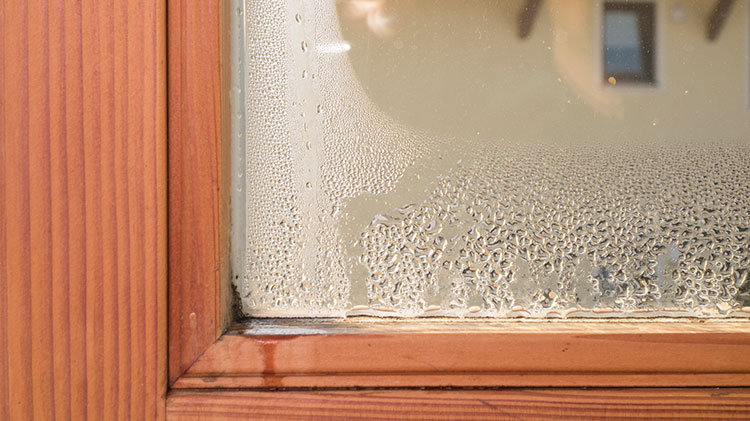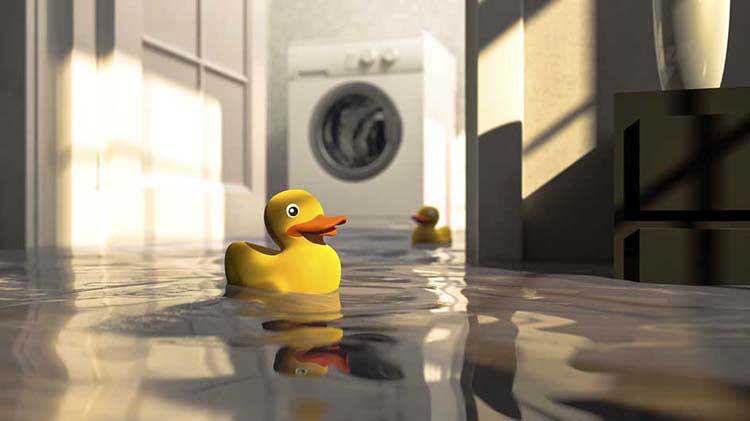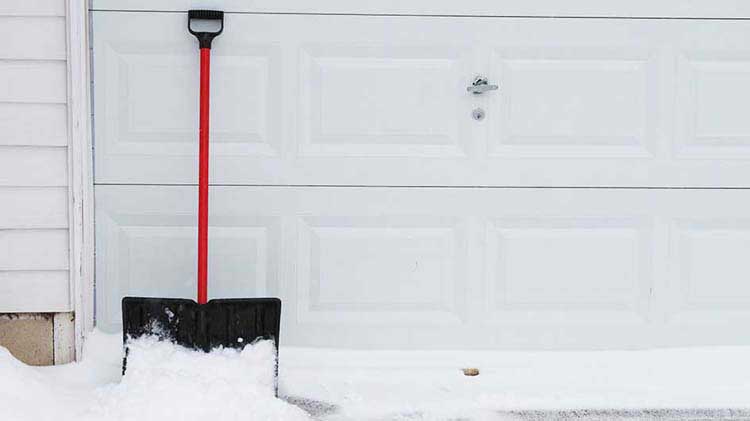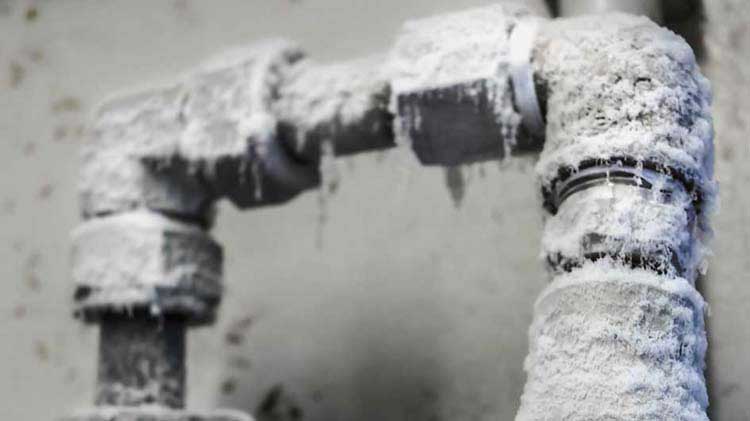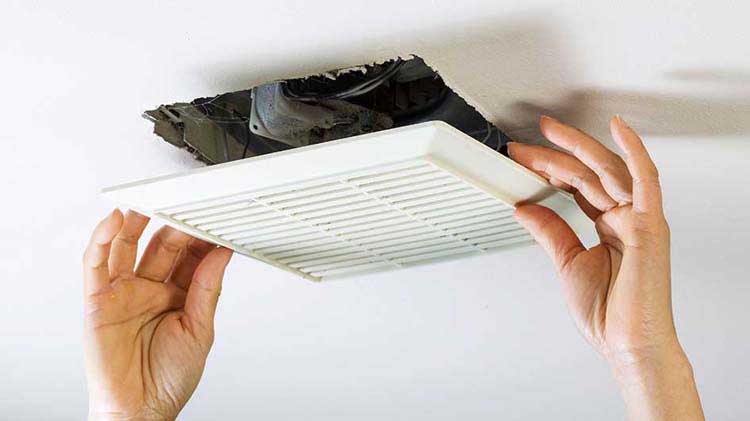Tips to minimize moisture in your home
Protect your home by reducing excess moisture before it causes major damage.
Moisture in the home
Moisture in homes depends on many factors including the temperature of the air, the temperatures of heating appliances and also the level of insulation of doors, windows and walls of the house, among other things. Some common signs of unwanted moisture in homes that should be addressed are:
- Excessive, continuous condensation around windows
- Musty smells
- Standing water (especially under the home and around the foundation)
- Surface discoloration and stains
- Mold
- A higher-than-usual water bill from unseen plumbing leaks
- Decaying wood and other materials throughout your home
- Flooding events (such as bursting pipes or excessive rain that release large volumes of water into or outside your home)
How to reduce moisture in your house
There are several ways to identify and mitigate common culprits that contribute to excess moisture in houses. Here are a few typical and important things to do.
Check for water leaks
Make regular home moisture inspections a priority. It is important to do a thorough inspection of your walls, roof and ceilings, under bathroom and kitchen sinks and near water lines to look for water leaks or water stains. There may be hidden leaks and by the time people notice them, they can have real mold issues. Smart home systems also offer automatic water detection features. Places to inspect in your home are:
- Hot water tanks. Sometimes the pressure relief valves can leak.
- Toilets. Listen for any "hissing" sounds after removing the tank. You can also add some food coloring to the tank to help identify where a leak might be coming from.
- Meter line. Look at the shut-off valve and meter to see if there is excess moisture.
- Washing machine and refrigerators. Examine the refrigerator and washing machine water line connections to look for excess moisture. Also look around the base of the appliances to see if there are water marks.
- Bathroom and kitchen sinks. Look under the cabinets to see if there is any water damage beginning to appear.
How to control humidity
Condensation problems in homes can be caused by humid air. The ideal humidity in a home is roughly 30-50%. There are inexpensive devices, such as a moisture meter or hygrometer, that monitor a home's humidity levels. Some tips to combat high home humidity are:
- Running a dehumidifier
- Decorating with moisture-absorbing houseplants
- Setting your air conditioner's fan to automatic
- Keeping air vents and interior doors in the home open and unblocked for correct flow and circulation of air
- Piling firewood outside of the house
Check the air conditioner
Depending on the size of your house and how it is laid out, a smaller air conditioning (A/C) unit may be best for your house. It may be a good idea to consult a professional if you decide it is time to replace the unit. They can advise on what is the best fit for your home. In addition, regular maintenance of the A/C unit may help the system run at its manufacturer-rated efficiency. That includes having the system’s condensate drain hose clean of debris as well as avoiding shrubs and plants growing too close to the outside unit so it has room for good air flow.
Check the home ventilation
Proper circulation prevents warm, moist air from condensing on cooler surfaces through evaporation. It is important to check multiple areas for proper ventilation. Here are a few tips.
- Ventilate your attic and crawl spaces.
- Vent all interior exhaust fans to the outside.
- Run bathroom ventilation fans while showering and for 5 to 10 minutes after showering.
- Install louvered doors or louvered devices installed into walls to provide air circulation for small rooms and closets.
- Use ceiling fans.
- Open doors and windows when possible.
Check your home insulation
To improve the climate of your home, you may need to boost the wall and attic insulation. EnergyStar.gov provides the recommended level of insulation. Adding a vapor barrier under your house could alleviate vapor and moisture from going up through your flooring. In addition, check windows and doors to the outside for gaps in their seals and fix them using caulk or weatherstrips. With these tips, you can help prevent humid air from coming in or warm air from going out of the house and make it more energy efficient.
